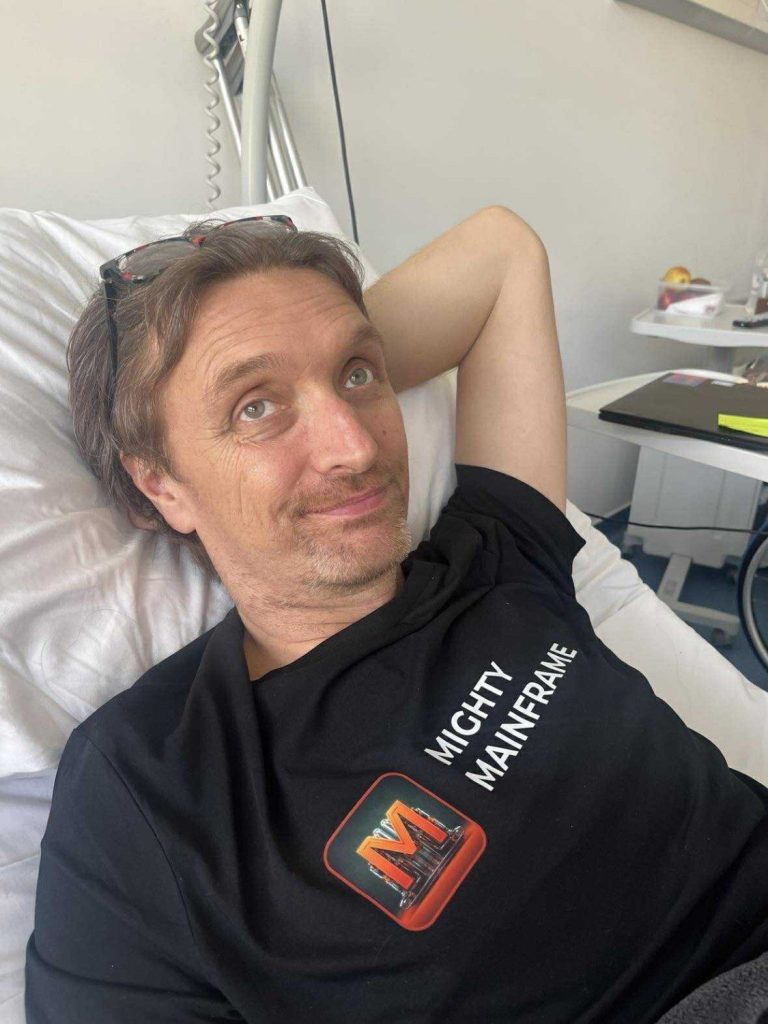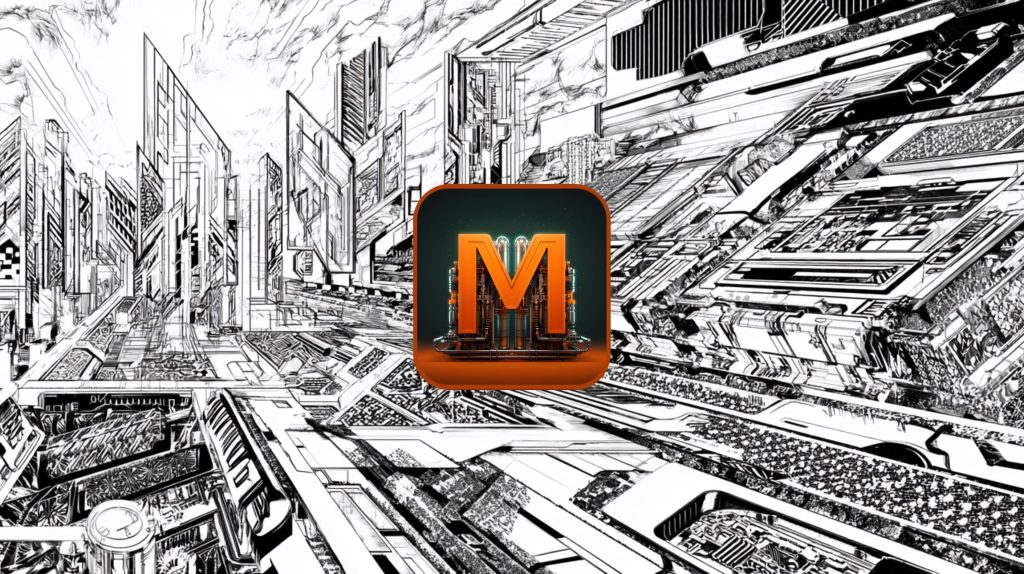Dear fellow mainframer,
I had a pretty bad cycling accident that resulted in a tough surgery and ten days in a coma. My pelvis was seriously injured, along with plenty of other damage—but this isn’t a medical report.
Fast forward five months and countless hours of rehab, and I’m back (to the mainframe). During recovery, I had the chance to reflect deeply on both my personal and professional life. That reflection helped me refocus on what truly matters. From that clarity, the mainframe re-emerged as my guiding star in the professional realm.

Cobol is Here to Stay
I’ve noticed that whenever people talk about COBOL, the conversation usually centers on how old it is, rather than the value it still brings to the table. The most successful companies see their COBOL applications as valuable assets—not just old machines waiting to be replaced.
In reality, the real challenge isn’t the COBOL code itself, but the system or application architecture that was designed 20 or 30 years ago. By updating compilers, connecting to the cloud, or adopting modern DevOps practices, companies can unlock new efficiencies while still relying on the rock-solid reliability they trust.

It’s a story of evolution rather than replacement, and one that many organizations are already experiencing. Armin Kramer has a great blog on modernizing COBOL that gives readers clear, practical advice on how to get more out of their existing systems while building for the future.
WA4Z Keeps Raising the Bar
Not long ago, Watsonx Assistant for Z (WA4Z) was mostly seen as a fancy AI engine for mainframe manuals. Now it’s starting to feel more like a real teammate. By injecting your own documentation and enabling multilingual support, global teams can get answers in their own language, and with OMEGAMON integration, it can even point out system health issues before they turn into bigger problems. And native Z agents? They’re just around the corner!

For junior staff ,especially, this turns long hours of digging through documentation into quick conversations that actually make sense. Philipp Kremling has a great take on this in his latest blog, where he walks through the latest updates, shows where the tool really shines, and gives an honest look at what it can’t yet replace.
Industry insights
Rosalind Redcliffe recently shared a great story from the SHARE conference, where Frank DeGilio spoke about simplifying the z/OS stack. That was exactly the central theme of the QED/Mighty Mainframe Conference: “UNcomplex”.
Mainframes are known for being rock-solid and incredibly reliable. But over the decades, they’ve also become complex and, let’s be honest, a bit clunky. It’s time to DeClunkify and modernize our favorite platform (shoutout to Emma Skovgard for championing this!).
I couldn’t find a recording of Frank’s SHARE session, but luckily, there’s an excellent podcast where he dives into these ideas.



